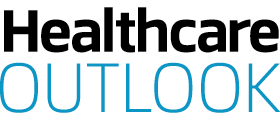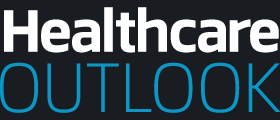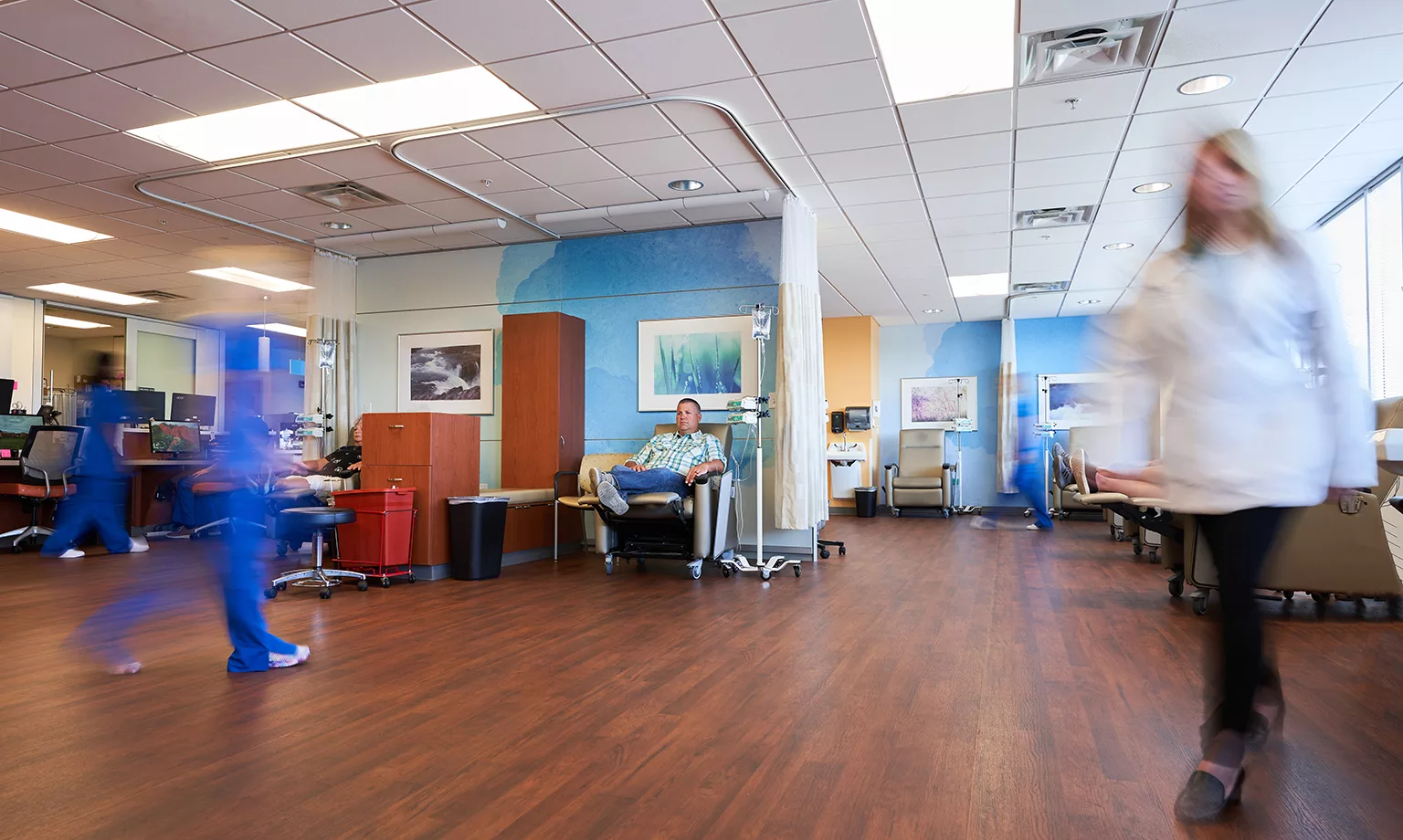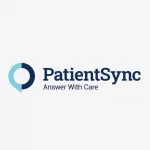Shining brightly as a beacon of innovation and enhanced healthcare, OHC is transforming the treatment process for patients with cancer and blood disorders. Randy Drosick, MD, OHC President, and practicing medical oncologist and hematologist, outlines the company’s exciting new developments and how it continues to revolutionize the complete patient experience.
A NEW HEALTHCARE CONTINUUM
For 40 years, OHC (Oncology Hematology Care, Inc.) has been fighting cancer on the front lines.
The company’s physician-led offices have been recognized for going beyond clinical excellence, providing unmatched personal support, and caring for patients with cancer and complex blood disorders.
Proudly boasting eight locations, OHC is the leading independent adult cancer care group throughout Cincinnati and comprises more than 350 industry-leading team members.
“At OHC, we have one common goal: to surround adults diagnosed with cancer with everything they need, so that they can focus on what matters most – beating cancer,” opens President, Randy Drosick, MD.
OHC is part of US Oncology, a nationwide network with over 600 sites that believes patients thrive when they can fight cancer close to home and delivers integrated cancer care through a network of independent physicians who share expertise and resources to provide high-quality, value-based care.
In addition, OHC is an established research leader in the communities across the greater Cincinnati region and collaborates with the Sarah Cannon Research Institute (SCRI), one of the world’s leading oncology research organizations conducting community-based clinical trials. SCRI has contributed to pivotal research that has led to the majority of new cancer therapies approved by the Food and Drug Administration (FDA) today.
This highly successful collaboration includes OHC in a network of globally recognized cancer experts enrolling patients in Phase 1-4 clinical trials at more than 250 locations across 24 US states.
“I just like working with people. Being able to help somebody is so rewarding, and for me, that’s the epitome of what we do. Even if we’re not curing someone, we just want to help them feel better,” he adds passionately.
This mindset defines the entire company’s culture of care, and OHC now supports over 130,000 patient visits a year.
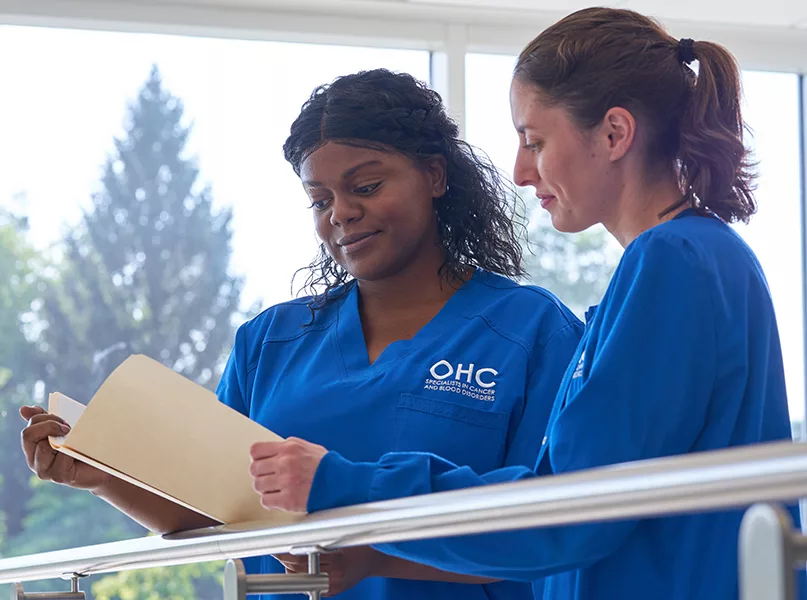
DELIVERING CLINICAL EXCELLENCE
At OHC, the search for new treatments is relentless.
“The drive to provide superior care runs deep, and our fight against cancer is personal. OHC’s independent, physician-led practice is known for delivering clinical excellence combined with unmatched personal and emotional support in neighborhoods throughout the region,” Drosick explains.
The company’s renowned experts aggressively attack cancer with every possible strategy and utilize the latest innovations and advances in medical technology and treatment.
“Our nationally recognized cancer research and clinical trials team remain engaged in a passionate search for innovative treatments. We are here to navigate and help our patients manage finances, understand the disease, and gain power over cancer’s impact on personal life,” he continues.
There is nothing fair about cancer, and a diagnosis can negatively impact every aspect of life, which is why OHC also surrounds both its patients and their families with leading experts who provide a range of services including emotional, financial, and social support to help people stay focused on the number one priority – getting well.
When under the care of OHC, patients have access to new, innovative, and novel approaches to cancer, such as personalized medicine, immunotherapy, and the ground-breaking CAR-T and NK cell immunotherapy. OHC was the first to offer this revolutionary immunotherapy treatment in the region.
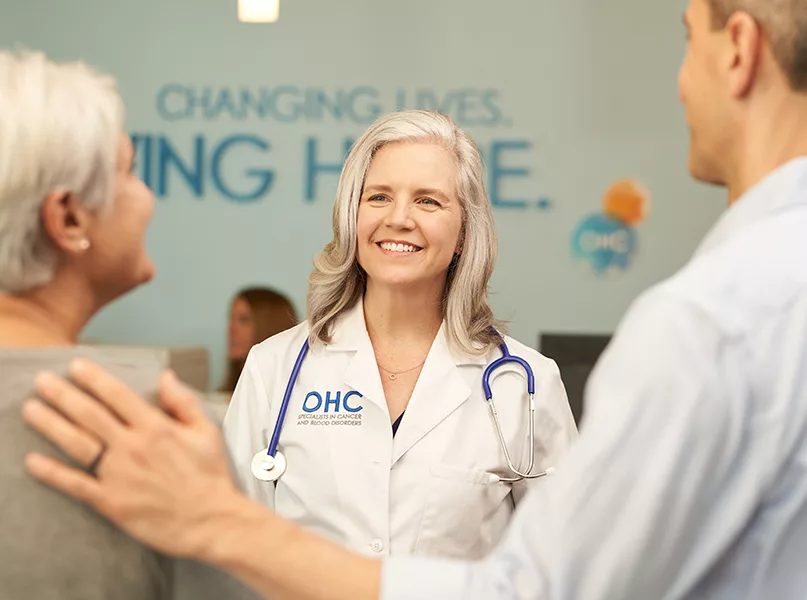
OHC also offers ‘Call Us Early. Call Us First.’, a nurse triage service supported by highly trained oncology nurses from 7am to 5pm, Monday to Friday, with the goal to effectively manage a patient’s symptoms quickly in order to prevent unnecessary emergency room visits or hospitalizations.
“This program has made a dramatic impact on how we care for our patients and, more importantly, keeping them out of the hospital where they may face unnecessary exposures,” notes Drosick.
OHC is the only practice in the city to also offer weekend hours for patients needing hydration, medication, and a symptom evaluation.
This is alongside the opportunity to access superior technological advances such as CyberKnife for prostate cancer and Gamma Knife for brain tumors.
OHC also now uses the laser-like precision of robot-assisted surgery to treat gynecologic cancers and possesses early access to the most promising new treatments available only through clinical trials.
“With staff who greet you with a warm smile, call you by your name, and open their hearts to take you into their care, you’re more than just a patient to us at OHC; you’re treated as a member of our family.”
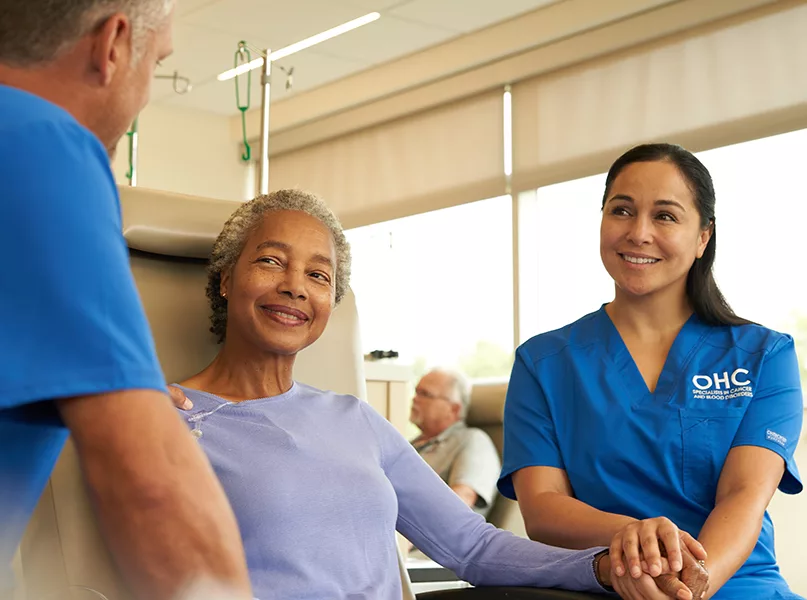
COMPASSIONATE AND DEDICATED
OHC is always looking for better ways to deliver care to its patients for the duration of their treatment.
“From diagnosis, and throughout their treatment, we walk with our patients, support them when they struggle, and celebrate their successes,” Drosick shares.
This warm, caring atmosphere creates a professional family among team members where individuals have the opportunity to lead through mentorship and learn from OHC’s elite team of experts.
The company’s management endeavors to keep its staff energized by always recognizing exceptional work and hearing new ideas, as well as offering pathways to career advancement.
In this way, OHC aims to create a healthy work-life balance where its various teams support each other and provide the collective motivation to continue working together towards the betterment of the entire organization.
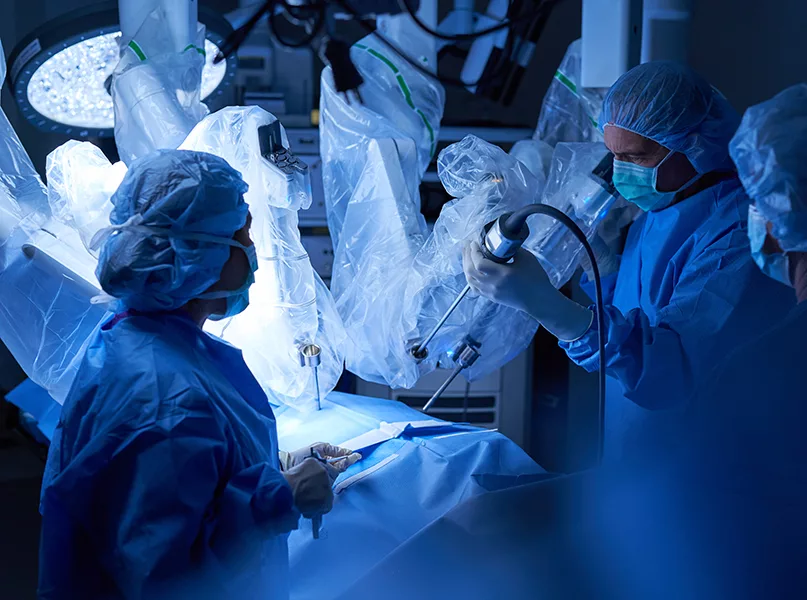
“When you join OHC, you are part of a collaborative, multidisciplinary team committed to delivering personalized, patient-centric care in a community setting. You are empowered to build your expertise by working with the region’s leaders in cancer care,” he adds.
OHC seeks out compassionate, dedicated professionals who embrace the company’s mission and make a difference in the lives of cancer patients.
Its innovative and engaging work environment promotes professional growth and development, while the nature of OHC’s work allows its people to deeply connect with patients as they provide a continuum of care.
“We have some excellent outside-the-box thinkers, since I always try to hire people that are better than what we already have and then just let them run with it. I tell our teams to not be afraid to fail, to be innovative, and try to embrace new processes, or else we will all grow stale.”
This inventive mindset is applied by OHC even for simple improvements across its operations, such as how the company gets its patients in and out of the office more efficiently and prevents people from spending their valuable time in a waiting room all day.
“When you join OHC, you are part of a collaborative, multidisciplinary team committed to delivering personalized, patient-centric care in a community setting. You are empowered to build your expertise by working with the region’s leaders in cancer care”
David DROSICK, MD, President, OHC
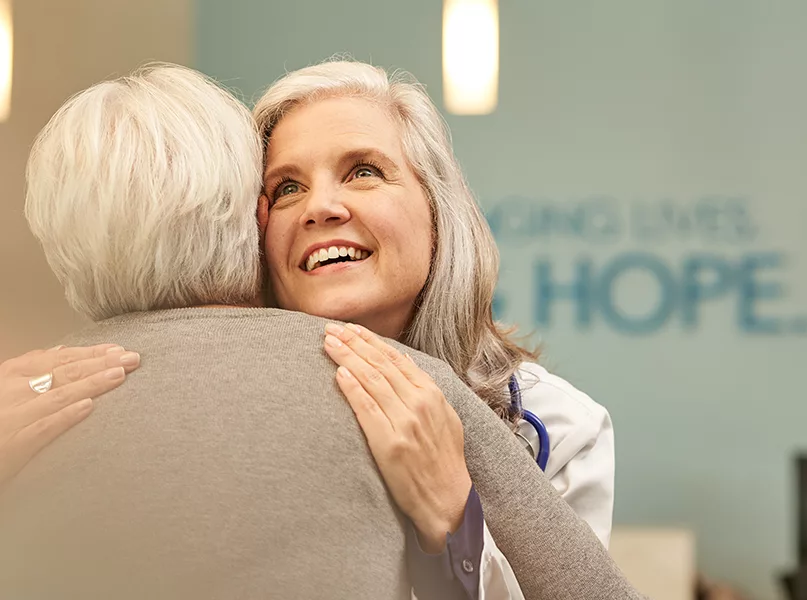
NEXT-GENERATION INNOVATION
Next-generation sequencing (NGS) has become a valuable tool in creating a personalized treatment plan for cancer patients.
NGS helps doctors pinpoint genetic mutations in a tumor and predict a patient’s response to certain treatments, then compares the genes in a tumor to those of a reference genome.
Once the tumor’s genetic changes are discovered, a physician can select medicines that target those changes while limiting the impact on the rest of the body’s healthy cells.
“Having this deeper understanding of the biological makeup of a patient’s tumor not only helps us to customize the best therapy for that individual, but also determines how aggressive our treatment strategy should be,” informs Drosick.

“Information gleaned from NGS can give us a better understanding of a patient’s prognosis and aid in the selection of a therapy that might be less harmful than standard chemotherapy and radiation,” he confirms.
Across the industry, it is believed that therapies targeting specific genetic mutations increase survival and improve patient quality of life.
“Chemotherapy is like a shotgun. It comes in, shoots everything in the room, and hopes the good stuff lives and the bad stuff dies. Target-directed therapy, on the other hand, is like a sniper bullet. It comes in, shoots the cancer cell, and leaves the patient alone for the most part, and that’s really exciting.”
When a cure for cancer is eventually found, it will be discovered through a clinical trial.
OHC is therefore a fierce supporter of clinical trials and is relentless in its search for new treatments, alongside paving the way for new breakthroughs in cancer care and providing patients with access to these promising new cancer treatments.
“We want all patients to have access to these treatments as soon as possible – at OHC, they do,” concludes Drosick.
